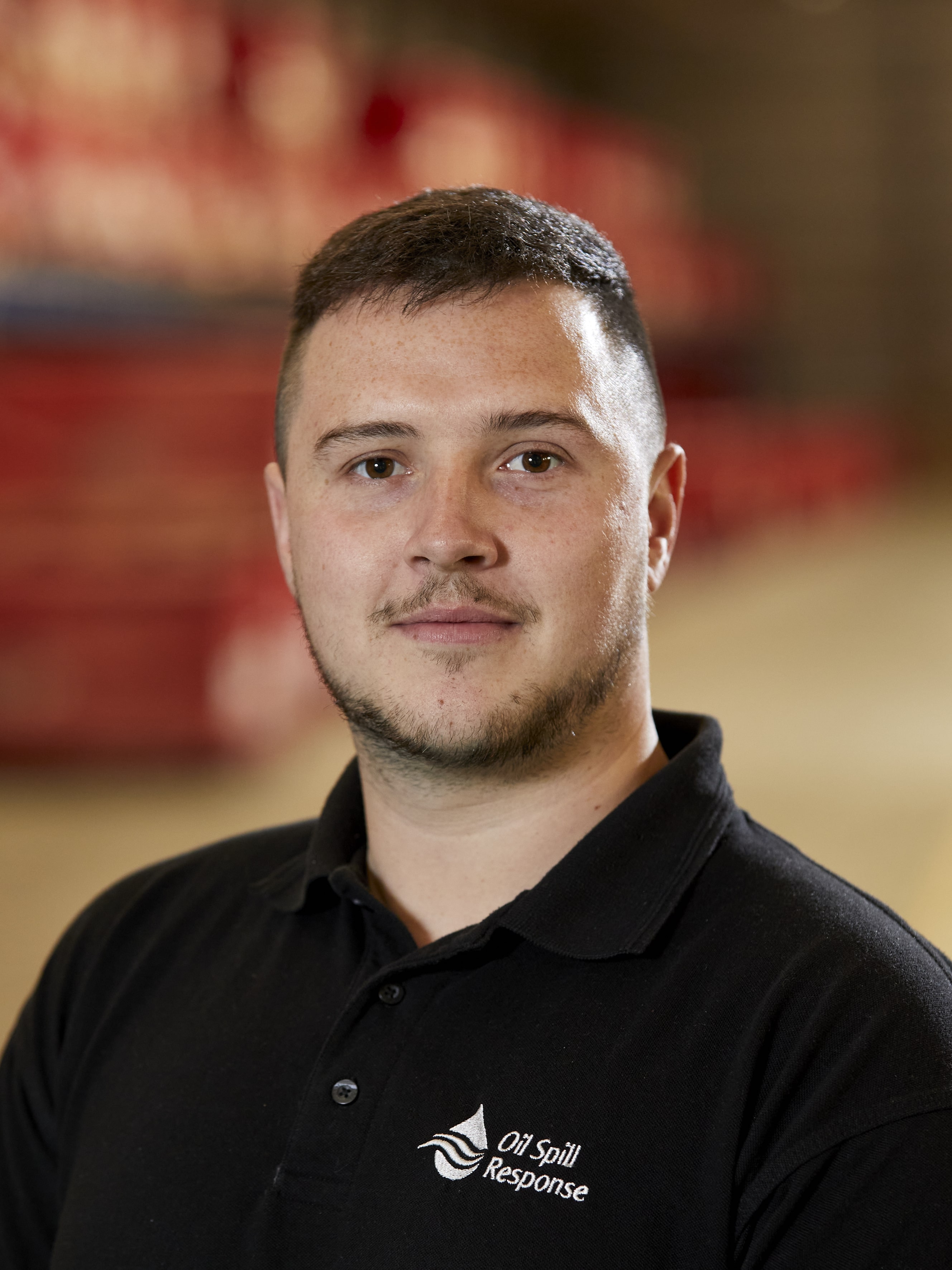
Easter Monday marked week three of our Offline Course at the Southampton base, UK. The week included insightful and informative presentations and practical tasks relating to response techniques.
On Tuesday, we learnt about the techniques used to calculate the area of a spill during an overflight in a presentation on Surveillance Modelling and Visualisation. We then had the opportunity to practice one of these newly acquired learnings, using our Garmin GPS devices and Digital Cameras to geotag photo locations on Robogeo.
On Wednesday, we looked more in-depth into the Fate of Oil Spills and the various Response Strategies that can be used to mitigate their impacts.
Towards the end of the week, we learnt about the environmental considerations employed during an oil spill response and how to protect sensitive areas offshore and along the shoreline. We also had presentations on the importance of waste management and dispersants to an effective response.
Lastly, thank you to Jo Morell and Thais Wenzel, who popped by to give us information on the Finance Department and Contingency Planning at OSRL.
Week four for the Offline Course saw the offliners gain valuable hands-on experience with a wide range of oil spill response equipment stored here at our base in Southampton, UK. Our Maintenance Team led the week, and OCS technicians accompanied the group, too.
Following the previous week of studying various response strategies and techniques, it was great to put theory into practice and have an opportunity to see and operate the equipment first-hand. Although the week mainly consisted of in-house demonstrations, not going offshore or on shoreline deployments provided a great opportunity for the offliners to build on their skills and carry these through to the upcoming exercises later in the course.
The week kicked off with Matt Cameron sharing his experience as he led a morning of theory sessions explaining the fundamentals of pumps and engines and further essential information. Moving on to the afternoon, we equipped ourselves with the required PPE and headed out to the warehouse. Upon arriving in the maintenance bay, we were greeted with engine and pump units which had been prepared for a fault-finding session; this was the offliner's first chance to have a look around the bespoke equipment, and we didn't hesitate in getting to work!
On Tuesday, Matt Cameron handed over the reins to Mark Harvey, Mark another person with a wealth of experience took control of the rest of the week, which focused on setting up and using the equipment and deeper insights into each piece, too.
As we progressed through the week, the balance slowly shifted from teaching to guided learning, allowing the group to dive further into the equipment and teach each other. This proved a great success. Everyone began to understand further the equipment, which was shown by the confidence when eventually explaining when it should be used, where it should be used, and how and why it should be used.
On behalf of the Offline group, I would like to thank the Maintenance Department, specifically Matthew Cameron and Mark Harvey, for sharing their time and knowledge last week.
















